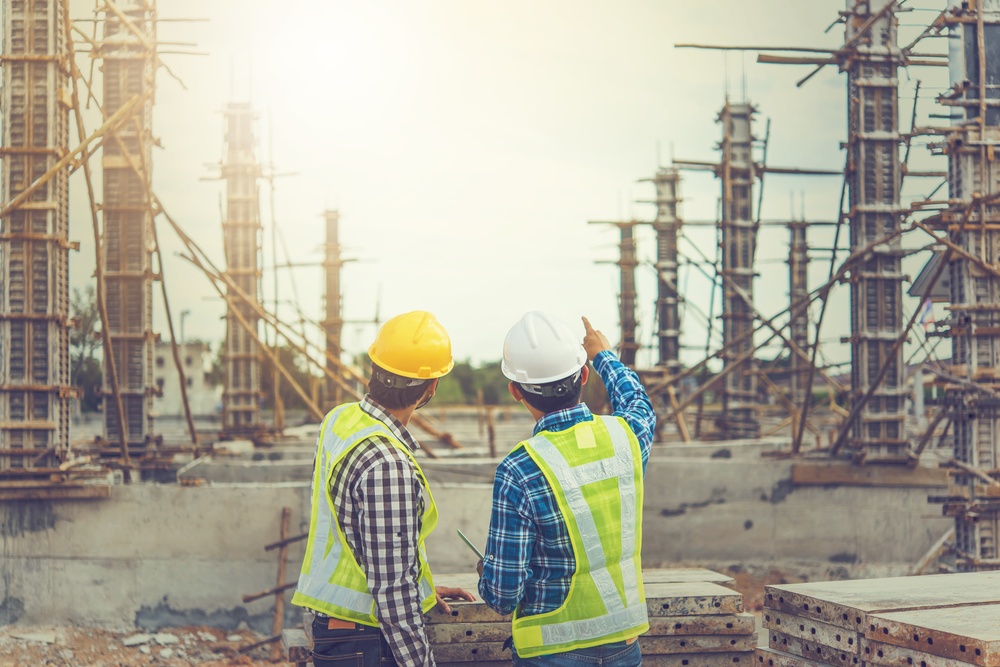10 Apr 2019
Major Change affecting VAT for construction in October 2019

A major change is being introduced to the way in which building contractors account for VAT, to combat fraud.
HMRC is concerned with VAT fraud perpetrated by labour providers in the sector who charge VAT but disappear before paying it over to HMRC. To combat this, suppliers of certain building and construction services to other builders (not to an “end user”) will no longer charge VAT; instead the customer will account for VAT by making a reverse charge.
The reverse charge will apply to supplies of “construction operations” broadly as defined for the Construction Industry Scheme (CIS). There will however be differences between the CIS rules and VAT, for example, as noted above, end users and those who are not VAT registered must still be charged VAT.
An end user will often be a property owner, or a developer. There will be further exceptions, e.g. some supplies made to contractors operating in the same VAT or corporate group, or where the supplier and recipient are landlord and tenant or vice versa.
The reverse charge should be tax neutral, but as the customer will not be paying over the VAT to the supplier then reclaiming it from HMRC, it will impact on cashflow. Some businesses use the VAT they collect from customers as working capital before they pay it over to HMRC.
It will also require significant work to accounting systems. Suppliers will need to check if the customer is VAT registered. If so, unless the customer is an end-user, the supplier will not charge VAT for affected services, but must modify invoices to state that the reverse charge is due, and the rate and value of the charge that the customer must account for.
With 6 months to go, it would be helpful if HMRC was shortly to issue some detailed guidance on matters such as:-
- What “due diligence” will be required by a supplier as to the customer’s VAT registration, and end-user status?
- What format will the end-user certification take?
- How will employment agencies be treated, will these charge VAT or will their supplies of labour be subject to the reverse charge?